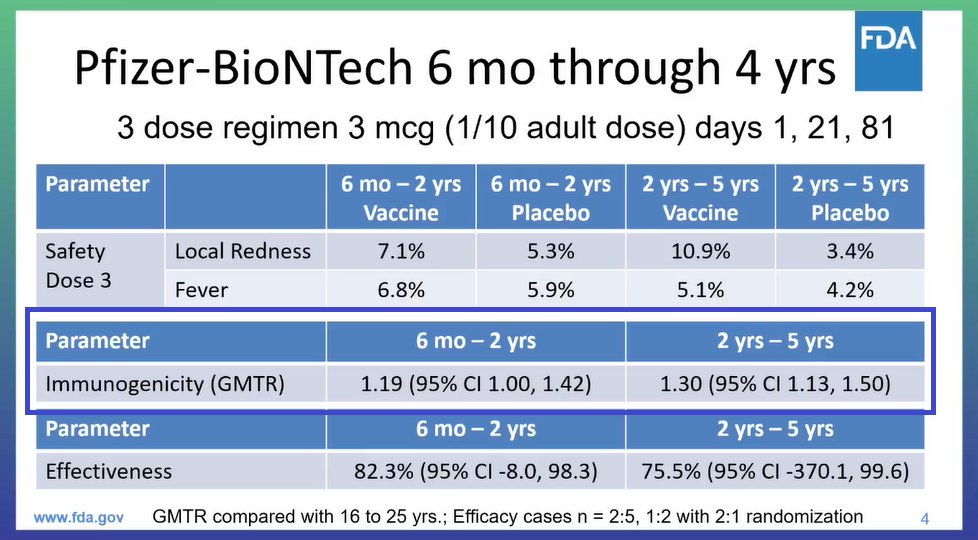
Today is #WorldHepatitisDay2022! To honor it let's talk about Hepatitis B.
The Hep B vaccine is now given at birth, but starting *this year* all adults <60 are recommended to get it.
I talked to the CDC's former viral hepatitis lead Dr. John Ward to understand why 🧵
The Hep B vaccine is now given at birth, but starting *this year* all adults <60 are recommended to get it.
I talked to the CDC's former viral hepatitis lead Dr. John Ward to understand why 🧵
First, what is viral hepatitis?
Viral hepatitis comprises a few different infections caused by viruses Hepatitis A, B, C, D and E. While A and E mostly cause acute disease, the others including B often lead to chronic infection.
HepB in particular is a lifelong infection.
Viral hepatitis comprises a few different infections caused by viruses Hepatitis A, B, C, D and E. While A and E mostly cause acute disease, the others including B often lead to chronic infection.
HepB in particular is a lifelong infection.
HepB is harmful because chronic infection is a leading cause of liver cancer.
In the US, between 1-2 MM people have chronic HepB. Most are unaware. And while it travels through body fluids, it's so infectious that transmission can happen through casual contact. (Dr. Ward ⬇️)
In the US, between 1-2 MM people have chronic HepB. Most are unaware. And while it travels through body fluids, it's so infectious that transmission can happen through casual contact. (Dr. Ward ⬇️)
We started vaccinating for HepB in 1981. We actually vaccinate on the first day of life because...
1⃣ Babies are much more likely to progress from acute HepB to chronic HepB.
2⃣ Immunizing early better protects the community by lowering overall prevalence. (@GretchenLasalle ⬇️)
1⃣ Babies are much more likely to progress from acute HepB to chronic HepB.
2⃣ Immunizing early better protects the community by lowering overall prevalence. (@GretchenLasalle ⬇️)
However, uptake was low early on and so most adults are unvaccinated (or not fully vaccinated).
Starting this year the CDC recommended that all adults under the age of 60 get immunized. They did this because some 20,000 people are still getting acute HepB infections yearly.
Starting this year the CDC recommended that all adults under the age of 60 get immunized. They did this because some 20,000 people are still getting acute HepB infections yearly.

For adults, risk is lower. 4% of acute infections become chronic, and risk factors affect exposure.
However, 1) an 'at-risk' approach hasn't worked from a public health perspective and 2) the vaccine has close to no serious risks: cdc.gov/vaccinesafety/… (@kevinault⬇️)
However, 1) an 'at-risk' approach hasn't worked from a public health perspective and 2) the vaccine has close to no serious risks: cdc.gov/vaccinesafety/… (@kevinault⬇️)

We're also not always sure how someone got infected, and CDC cites an estimate of up to 1.9MM chronically infected persons (more ppl than live in several states).
So it just made sense to make protection more available, and reduce stigma at the same time. cdc.gov/vaccines/acip/…
So it just made sense to make protection more available, and reduce stigma at the same time. cdc.gov/vaccines/acip/…

Hepatitis B—when it does become chronic—is a very costly disease in terms of treatment, so the HHS hopes to eliminate it and other hep infections as a public health problem within the next decade.
We're fortunate to have access to a vaccine in the US because many don't...
We're fortunate to have access to a vaccine in the US because many don't...
Dr. John Ward now works to implement vaccination thru @GlobalHep, and emphasized Africa.
Only 10% of children in Africa get the HepB vaccine, and around 2.5% of infants are infected with the virus.
Getting to 90% coverage will safe 550,000 lives in the next decade alone.
Only 10% of children in Africa get the HepB vaccine, and around 2.5% of infants are infected with the virus.
Getting to 90% coverage will safe 550,000 lives in the next decade alone.
The vaccine is cheap at 25 cents/dose, and is one of the UN's "Best Buys in Cancer Prevention."
And yet, we also need better access and high levels of buy-in among citizens, doctors and governments.
So until it's gone, everyone should be an advocate for #HepB vaccination! (End)
And yet, we also need better access and high levels of buy-in among citizens, doctors and governments.
So until it's gone, everyone should be an advocate for #HepB vaccination! (End)
I forgot to add... @GlobalHep came up with a song about Hepatitis B vaccination! It's an unexpected bop so please give it a listen. #globalhep #WorldHepatitisDay
Finally, tagging some accounts that might be interested in sharing 🙂
@tfgh @tephinet @MRC_Outbreak @cdchep @Hep_Alliance @NO_hep @HepAus @swang8 @EndHep2030 @EuropeLiver @HepBFoundation #Hepatitis #HepatitisB #WorldHepatitisDay
@tfgh @tephinet @MRC_Outbreak @cdchep @Hep_Alliance @NO_hep @HepAus @swang8 @EndHep2030 @EuropeLiver @HepBFoundation #Hepatitis #HepatitisB #WorldHepatitisDay
• • •
Missing some Tweet in this thread? You can try to
force a refresh












